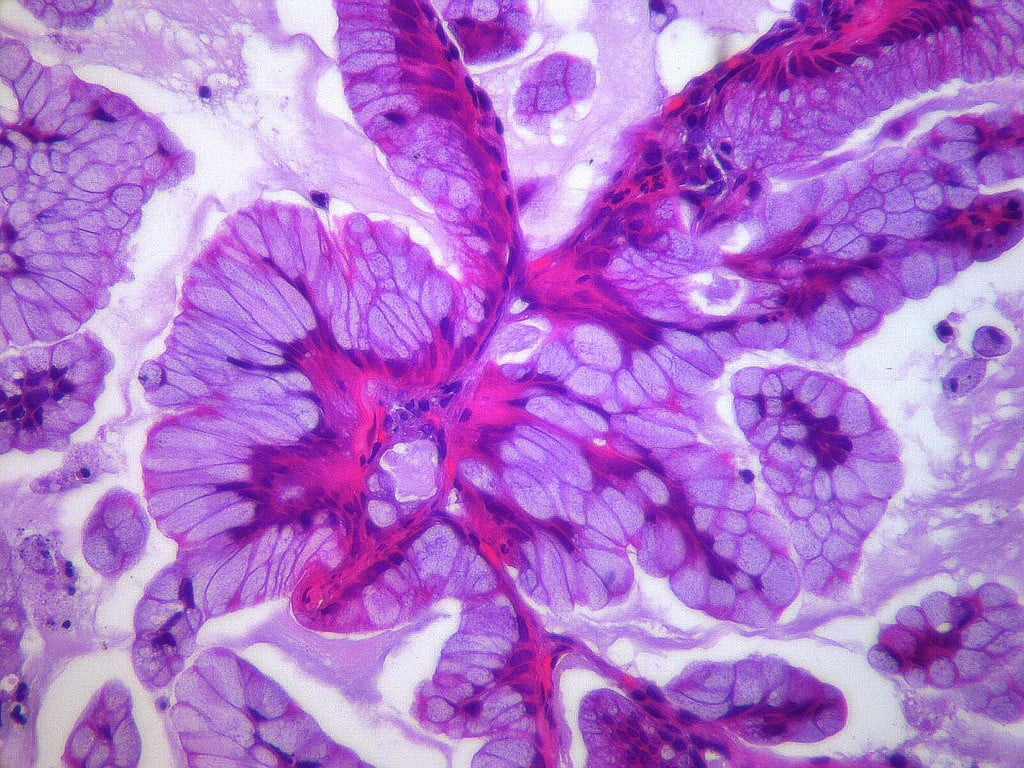Israeli AI image analysis company Nucleai and Sheba Medical Center’s ARC (Accelerate, Redesign, Collaborate) innovation complex have announced a strategic data collaboration where the Nucleai team will be able to access Sheba’s extensive repository of pathology, clinical, and other multi-omics data.
Nucleai will receive access to millions of patients records, including pathology images, longitudinal clinical data, genomics, radiomics, and other data modalities, the company said. This partnership expands on Nucleai and Sheba’s existing collaboration to identify histological biomarkers that predict response to immunotherapy in non-small-cell lung cancer patients.
“We look forward to leveraging Sheba’s multi-omics data repository to advance our AI and machine learning algorithms and continue to build the most robust digital pathology platforms in the market,” said Avi Veidman, Nucleai’s founder and CEO.
The Institute of Pathology at Sheba Medical Center, headed by Prof. Iris Barshack, is leading a wide spectrum of technologies including histochemistry, immunohistochemistry, FISH, cytology, electron microscopy and platforms for genomic sequencing of tumors and non- neoplastic conditions. The institute has been a leading biobank, molecular diagnostic service, precision medicine project, as well as the, digital pathology program.
Nucleai and the ARC innovation center at Sheba established a multidisciplinary team headed by Prof. Barshack pairing Dr. Yair Bar Deputy Director, Cancer Center, and the Head of the Thoracic Oncology Unit and Sheba’s senior pathologists and oncologists with Nucleai’s medical and technology teams to identify histological biomarkers in additional cancer types and treatment modalities.
In recent work performed in collaboration with Sheba and published at the American Society of Clinical Oncology (ASCO) 2020 conference, Nucleai and Sheba demonstrated the predictive power of tumor microenvironment AI-based spatial analysis for breast cancer.
In addition, over the past year, the institute has been digitally scanning a full load of histochemical and immunohistochemical slides for routine diagnosis and for research projects. The need to arrive at an exact diagnosis to correctly lead the clinician to appropriate patient therapy has led us to investigate biomarkers for prognosis, precision therapy and follow up by means of digital pathology.
For the last year, Prof. Barshack and the group of doctors and researchers have focused in finding biomarkers for precision medicine through AI in digital pathology. The first results were already presented at ASCO and were submitted for publication.
Founded in 2017, Nucleai developed a platform that leverages tissue datasets to produce insights into cancer biology, increase clinical trial efficacy and improve patient care. From its inception, Nucleai has leveraged its real-world data assets to train its image analysis platform to seamlessly detect and characterize tissue and cell architecture and identify complex spatial features that may predict response.
Nucleai’s deep relationships with leading medical centers and HMOs after facilitated by Israel’s role as a global leader in quantifiable patient tracking, which is especially useful in predicting therapy response.
Related posts

Israeli AI Safety Tool Among TIME’S Best Inventions For 2024

TAU Team Discovers Mechanism To Eliminate Cancerous Tumors

Ashdod Port Investing In Startups As Part Of Innovation Strategy




Facebook comments